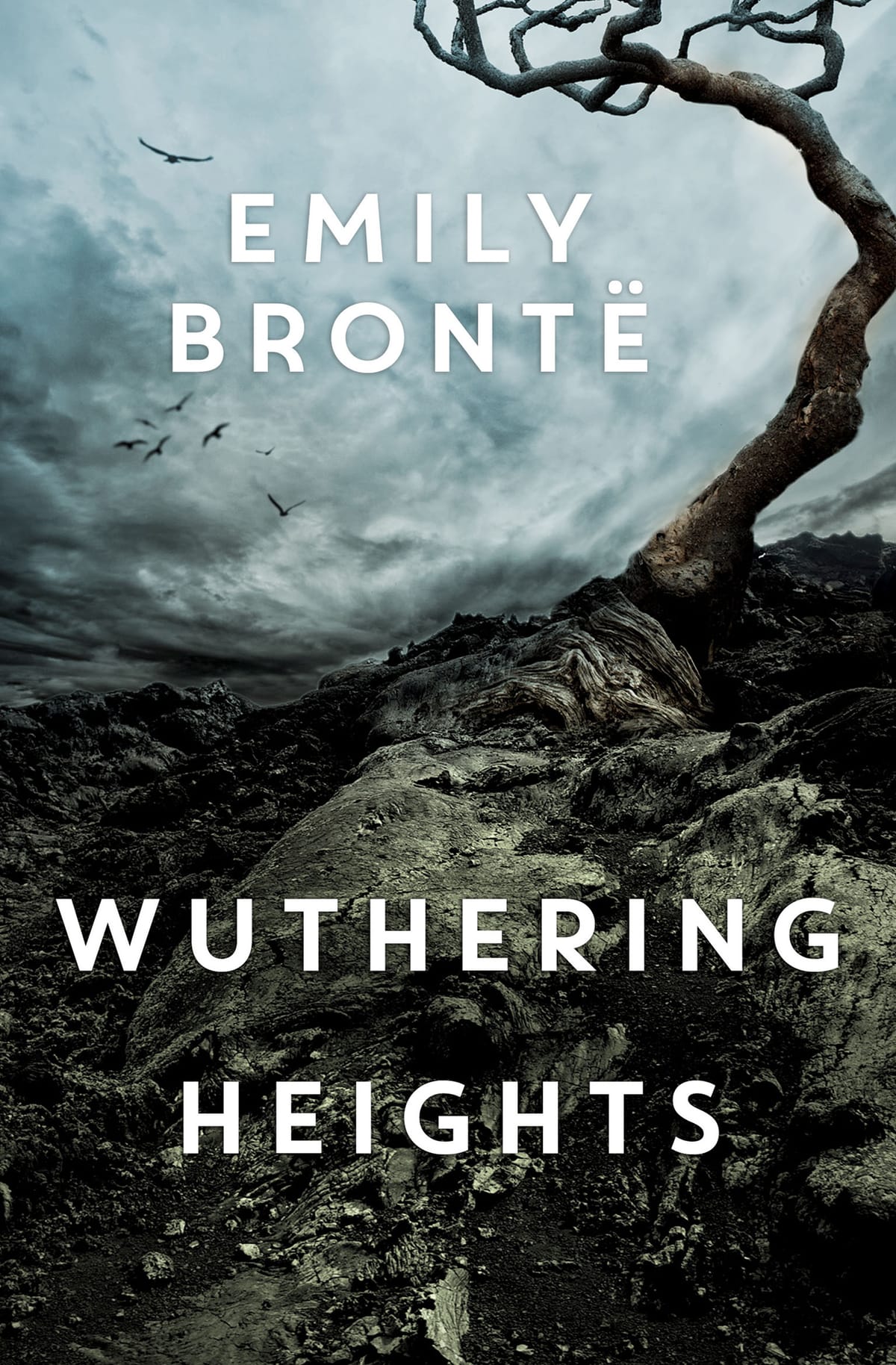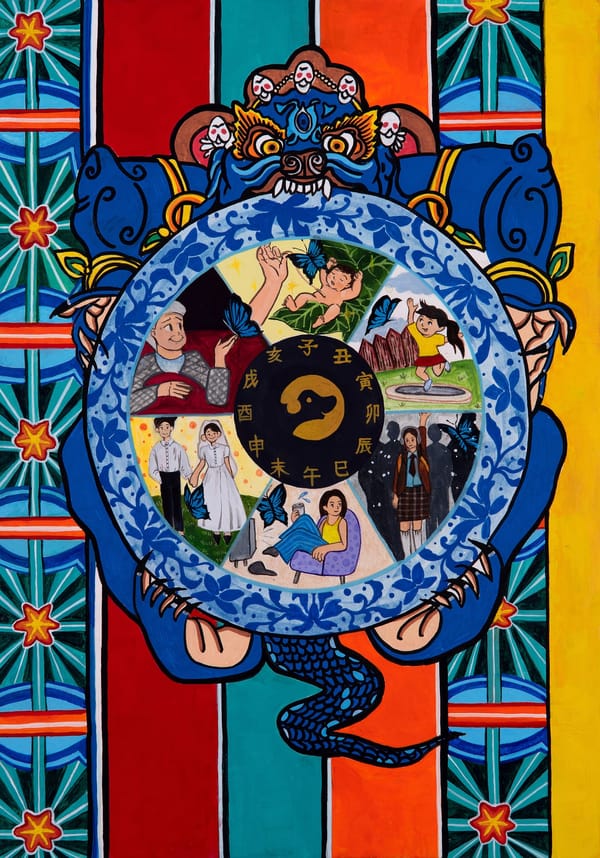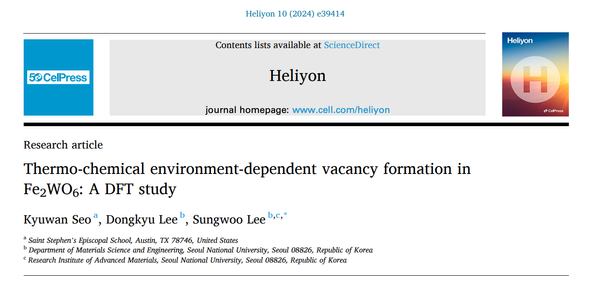Analysis: Wuthering Heights

In the late 18th century, artists, writers, and intellectuals aimed to restore the appreciation of the natural world that had been lost in the scientific advancements of the Enlightenment. They produced works of literature and art that glorified the natural world with intense human emotions over the artificial world of aristocrats and manmade technology, marking an era in history that would be known as the Romantic Period. This era would eventually give way to the Victorian Period of righteousness and social conduct; however, Romantic values would leave a lasting impact on the preservation of individuality within society. One such example is Emily Brontë’s novel Wuthering Heights: despite being written in the Victorian Period, the book implements Romantic elements such as passionate love and rebellion within its characters. Through the portrayal of Romantic human nature that is denounced in Victorian society, the novel ultimately criticizes the Victorian world’s oppression of individuality because it either leaves an inescapable legacy of alienation between an individual and society or threatens the moral or reputational degradation of those who reject this social assimilation. Within the novel, Catherine Earnshaw, even after achieving social stability through the sacrifice of her passions and love, agonizes over the lack of belonging, while Heathcliff, who attempts to gain social success without surrendering his true nature, suffers the destruction of his morality because of his inevitable reliance on cruelty.
Catherine, after surrendering her personal desires for social survival, still has to bear the tormentous estrangement with society due to the unnatural, forceful subduing of her personality. Although she enjoys adventuring and spending time with her rebellious stepsibling Heathcliff during her childhood, Catherine learns to display propriety in forms of obedience and courtesy to be a respected member of society and potentially marry the heir of a wealthy family, Edgar Linton. However, during Edgar’s visit, Catherine makes a mistake of lying and hitting her housemaid Nelly Dean, which causes Edgar to leave the house in disappointment. Recalling Catherine directly after the altercation, Nelly relates, “The soft thing looked askance through the window; he possessed the power to depart, as much as a cat possesses the power to leave a mouse half killed, or a bird half eaten” (57). The difference in power between Catherine and Edgar following Catherine’s emotional expression demonstrates the disproportionate power that the oppressive society possesses over the individual character. The representation of Edgar as a “cat” and Catherine as a “mouse” or a “bird” implies the predatory relationship between those with societal power and those who must adhere to the social order for status, in which the latter are as powerless as being “soft” and “half killed”. The “window” separates the interior and the exterior of Wuthering Heights, which figuratively divides Catherine’s individual space and the public, societal space; when Catherine behaves by social conventions, Edgar, and ultimately society, accompanies her, but when Catherine reveals the slightest of her true emotions, she is left in solitude, only able to view through the “window” a world that rejects her. Catherine eventually apologizes to Edgar for her misconduct and chooses to marry him despite acknowledging her true love for Heathcliff; while her marriage with Heathcliff would cause them to be beggars, her marriage with Edgar would grant her social and financial stability. Shortly after this decision, however, Catherine has a nightmare, which she recounts to Nelly: “Heaven did not seem to be my home; and I broke my heart with weeping to come back to earth; and the angels were so angry that they flung me out, into the middle of the heath on the top of Wuthering Heights” (63). Catherine’s rejection from the Christian afterlife indicates the radical incompatibility between her and strict Victorian society. “Heaven”, as a realm for religious exemplars, represents Victorian society for the social standards and religious morality, and the “angels”, as the holy beings of heaven, symbolize those who flourish in this society. The hostility of both “heaven” and “angels” towards Catherine proves her misplacement as a passive member of society, as the transcendent quality of “heaven” evaluates Catherine’s true identity beyond her compliant facade to be fit for the “earth”, where those who do not belong in “heaven” reside. This dichotomy between “heaven” and “earth” further separates society from the individual, as the description that society has “flung [Catherine] out” implies the condescension with which society views Catherine’s identity. Regardless of these reservations, Catherine follows through with the marriage and leads a contented life for a few years; however, as she encounters her true love Heathcliff once again, she regrets and mourns the time that she has spent in a society where she cannot be herself. Lamenting over her current state as the soulless lady of a house, Catherine demands, “Why does my blood rush into a hell of tumult at a few words? I’m sure I should be myself were I once among the heather on those hills. Open the window again, wide, fasten it open!” (98). Catherine’s desire to return to her free, independent life illustrates the detrimental effect that social integration has on Catherine. Her “blood” represents her innate qualities of courage and stoicism – the implication that this “blood” has changed to be more sensitive exhibits the extent to which social oppression has weakened her character. The “window” once again represents the barrier through which Catherine can only view but not enter the outside world. However, Catherine’s act of defiance in opening the “window” to be “among the heather on those hills” demonstrates that she is so severely detached from her identity that the simple view of the outside world through the “window” is not enough – she requires direct contact with the environment where she could contentedly be herself.
Unlike Catherine, Heathcliff, who chooses to pursue his personal motives of love and revenge along with social and financial success, must endure moral deterioration, as society’s lack of acceptance towards his characteristics leaves him no choice but to employ inhumane savagery. Heathcliff, as an adopted black child, does not possess any property and is rejected by society for his skin color; as a result, he forms a close relationship with Catherine, who enjoys creating trouble and adventuring away from society. On one of these adventures, however, Catherine is taken by the Linton family, and conveying his perceptions of the Lintons to Nelly, Heathcliff grumbles, “I’d not exchange, for a thousand lives, my condition here, for Edgar Linton’s Thrushcross Grange – not if I might have the privilege of flinging Joseph off the highest gable, and painting the house-front with Hindley’s blood!” (39). Heathcliff’s antipathy towards the Lintons and his abusers Joseph and Hindley demonstrates how society, using Heathcliff’s determined independence, amplifies his violent nature. The exaggeration with which Heathcliff mentions a “thousand lives” indicates his distinct will not to submit to social standards as Catherine had done. Furthermore, as “Thrushcross Grange” represents the social elite who have succeeded within social standards, the distinction between Heathcliff and the house implies that Heathcliff will have a different, unconventional path to success compared to the social standard at that time. Heathcliff’s desire for violence with Hindley’s “blood” – representing lineage, a method of gaining social status, that Heathcliff has never possessed – specifies Heathcliff’s motivation by implying how society insinuates hateful inferiority within Heathcliff by favoring legacy over the individual’s attributes. After constant abuse from Hindley and an unfortunate misunderstanding with Catherine, Heathcliff disappears for three years and returns to Wuthering Heights. He marries Edgar’s sister Isabella to exploit her status as an heir, and despite Isabella escaping from Heathcliff’s abusive behavior, the couple have a child together named Linton. When Heathcliff first takes in Linton from the custody of Isabella following her death, Heathcliff whispers to Nelly, “he’s mine, and I want the triumph of seeing my descendant fairly lord of their estates; my child hiring their children to till their fathers’ lands for wages” (160). Heathcliff’s plan to use his child to achieve generational social success reflects how society requires a severely callous plan for success in replacement of submission. The two italicized possessive pronouns “mine” and “my” extend beyond the simple familial association between Heathcliff and Linton; the pronouns imply that Heathcliff views Linton, his own son, strictly as property, demonstrating Heathcliff’s brutal indifference. Ironically, Heathcliff emphasizes the importance of familial legacy by stressing the “child” and the “descendant”; this irony demonstrates how Heathcliff can immorally justify the ruination of Linton’s life because this plan is one of the few ways Heathcliff can bring wealth and status to his lineage while also acting upon his personal goal of delivering revenge against those who had mistreated him. The consideration of this situation as a “triumph” suggests both the extreme measures necessary for someone to succeed as an individual within society and Heathcliff’s low moral standards by which he views a successful future as a justification for his abuse towards Linton during the process. Although every event occurs according to his plan of obtaining both Wuthering Heights and Thrushcross Grange, Heathcliff loses his personal motivation for completing revenge after he views Catherine’s daughter Catherine II and his adopted son Hareton’s love. Looking back on his journey towards social success, Heathcliff remarks, “I get levers and mattocks to demolish the two houses, and train myself to be capable of working like Hercules, and when everything is ready, and in my power, I find the will to lift a slate off either roof has vanished!” (244). Heathcliff’s evaluation of his dishonorable actions underlines the extreme extent to which the degradation of his moral construction has occurred. “Levers”, as the trigger of a machine, and “muttocks”, as a versatile tool, represent the systematic and apathetic approach that Heathcliff takes to achieve his ends, implying the cold, merciless attitude with which he treats relationships with other people. The comparison of his dedication to “Hercules”, a possessor of immortal strength, illustrates the extraordinarily taxing series of moral compromises that Heathcliff makes to be the master of the two houses. The “will to lift a slate off either roof” depicts a complete dismantling of the houses, emptiness in replacement, and thus the completion of Heathcliff’s personal revenge, but as his anger subsides, Heathcliff is only left with the culpability for all his immoral actions that society had ultimately forced him to execute.
The Victorian society depicted within Wuthering Heights offers two options for an individual to gain social success: sacrificing his identity to fit with social expectations or resorting to unethical means that bypass social expectations. Brontë, through her criticism of the status quo, ultimately stresses the need for more intermediate options through which social mobility can be achieved; in her ideal society, individuals would maintain their uniqueness in their various trials for wealth or for fame while moral standards are still followed and respected but not excessively enforced. This combination of Romanticism and Victorianism resembles the social structure of present day society; people can succeed as intellectuals, athletes, artists, and many other methods, all with the presence of some respected moral standards. However, there still are people who do not have choices for success and rely on extreme measures such as crime. Quite like the final scene of the novel of Catherine, Heathcliff, and Edgar buried in peace together, the complete harmony between society and the individual is a goal that our world today must strive to achieve.


